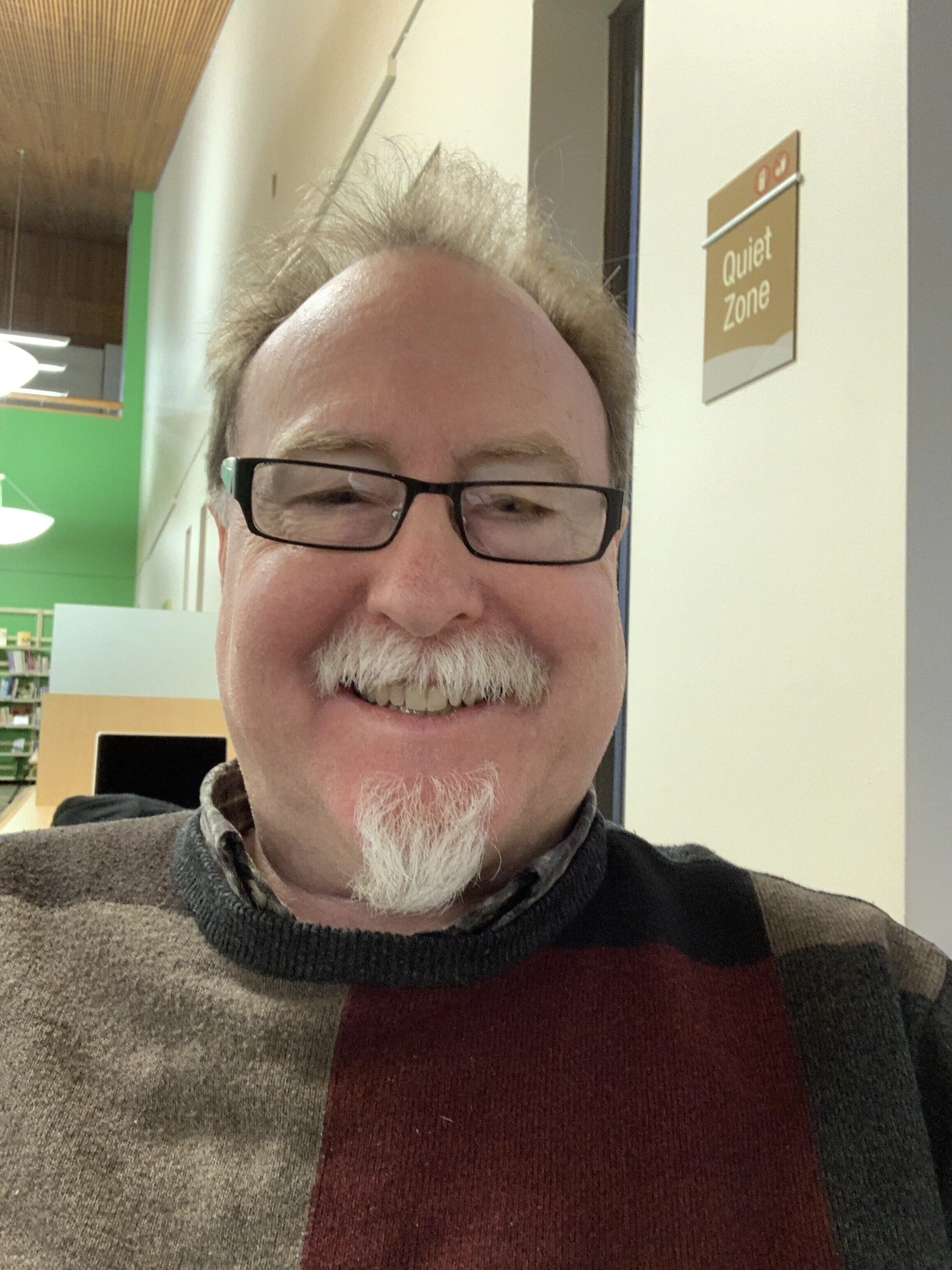“ The poet expertly navigates around memories, the dead, and ghosts, but she also has something to say about the present. ”
Conversations Unfinished by Brooke Palma
Moonstone Press
$11.00 (includes shipping)
Click Here to buy a copy!
Reviewed by Chris Kaiser
In Conversations Unfinished, a moving and poignant first book of poetry, Brooke Palma grabs our heartstrings from the outset and refuses to let go. The opening poem, “Apology for a Broken Ending,” begins like this:
I’m sorry I can’t tell the end of your story.
It isn’t fair that I’m leaving it tattered
and unfinished.
There is a psychic weight the poet is carrying, and she asks us, the readers, to help her carry it. And we are happy to oblige because the poems gently invite us into this world of loss.
Palma’s language is straightforward, even if inadequate — in her mind — to give true expression to her grief. In the same opening poem, she laments:
I’ll drop these words
like stones in the twilight hour
in the Arno river…
We slowly learn little bits of the background narrative as each poem unfolds. Someone close to the poet has died…but the death was kept from her…it was a woman…an immigrant…from Italy. Each poem in the first half of the book delivers an emotional payoff while also keeping us at bay.
It’s not until the sixth poem, “Requiem,” that we learn Palma is longing for her grandmother, her nonna. “Requiem” begins as the retelling of a dream, but imperceptibly morphs into something straddling memories and reality. Palma herself admits the difficulty of holding onto memories of her nonna, afraid they will turn “moldy” like cut flowers “in the humid, Sicilian air.”
The poet expertly navigates around memories, the dead, and ghosts, but she also has something to say about the present. The poem “Consigli (Advice)” is a font of practical advice passed down to the poet from her nonna. For example: “men are hard; you’ll want one, trust me, but don’t marry anyone from Southern Italy…”, “if you have female troubles, brew chamomile tea…”, and “don’t fight with your mother; she’s always been this way.”
The connections to her nonna that Palma shares include with flowers, food, and various stages of womanhood. For example, in the poem “Eggplant,” she adroitly combines food and her sense of self.
Nature’s sensuality lives
in the eggplant,
whose fluid curves remind me of my own shape.
The poem is grounded by Palma’s memories of cooking eggplant with her grandmother for Sunday dinner.
Nonna was old school and perhaps wouldn’t have approved of these family secrets being aired out, as Palma told me in an interview. And it wasn’t always so easy for the poet to bare her soul.
One of her inspirations while writing the book was Bruce Springsteen’s Broadway show, specifically, his ability to tell the truth, in vignettes, without telling the whole story. She also was inspired by local poet Shan-Tay Mercedes Watson’s book Audacity, which often explores shame, things that are covered up. “When I read Audacity, I knew I needed to tell my story,” Palma said. “We’ve kept these things hidden for too long.”
The collection of poems in Conversations Unfinished is best read in one sitting. Afterward, each poem could then be read individually, and at one’s leisure.
The poems are made all the more poignant because of the way Palma’s grandmother disappeared from her life. We sense the poet is not yet finished writing about her nonna. In the concluding poem “Translation,” she writes:
I will pull your story from the ether
to end the silence.
One can only hope our future silence will be broken by more poems from this talented writer.
Chris Kaiser’s poetry explores many topics including familial bonds, aging, and existential angst. It has appeared or is forthcoming in Eastern Iowa Review, Better Than Starbucks, and The Scriblerus. It also was featured in Action Moves People United, a music and spoken word project partnered with the United Nations. He’s won awards for journalism and erotic writing, holds an MA in theatre, and lives in suburban Philadelphia.


